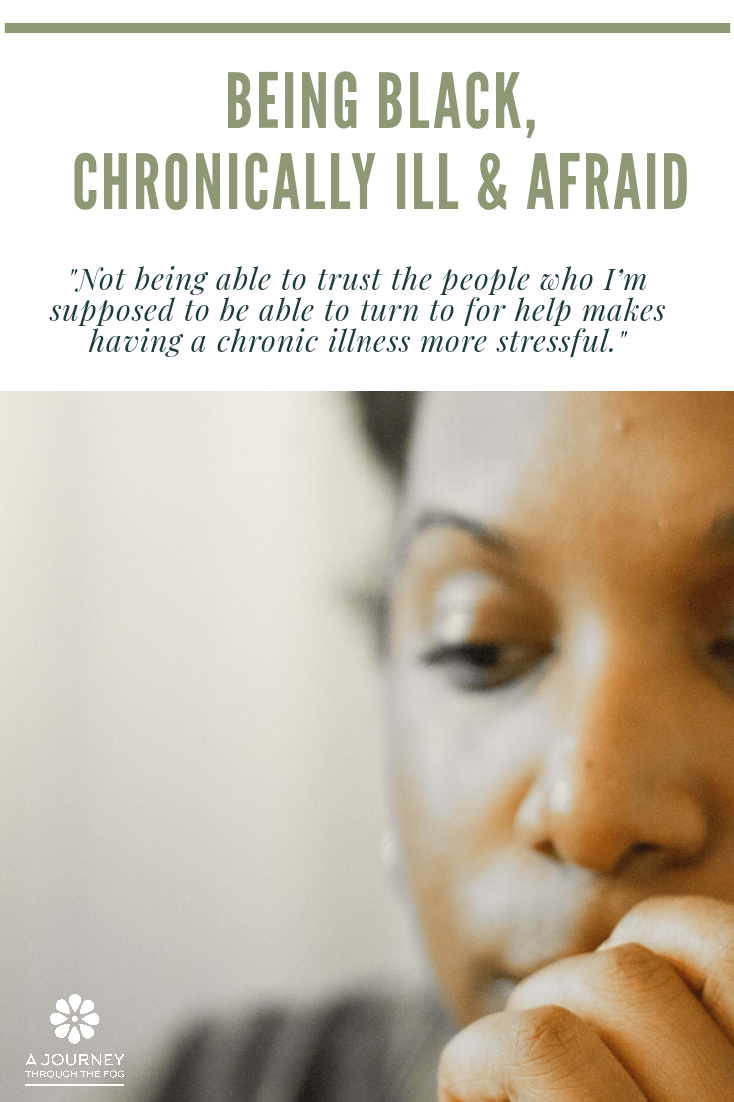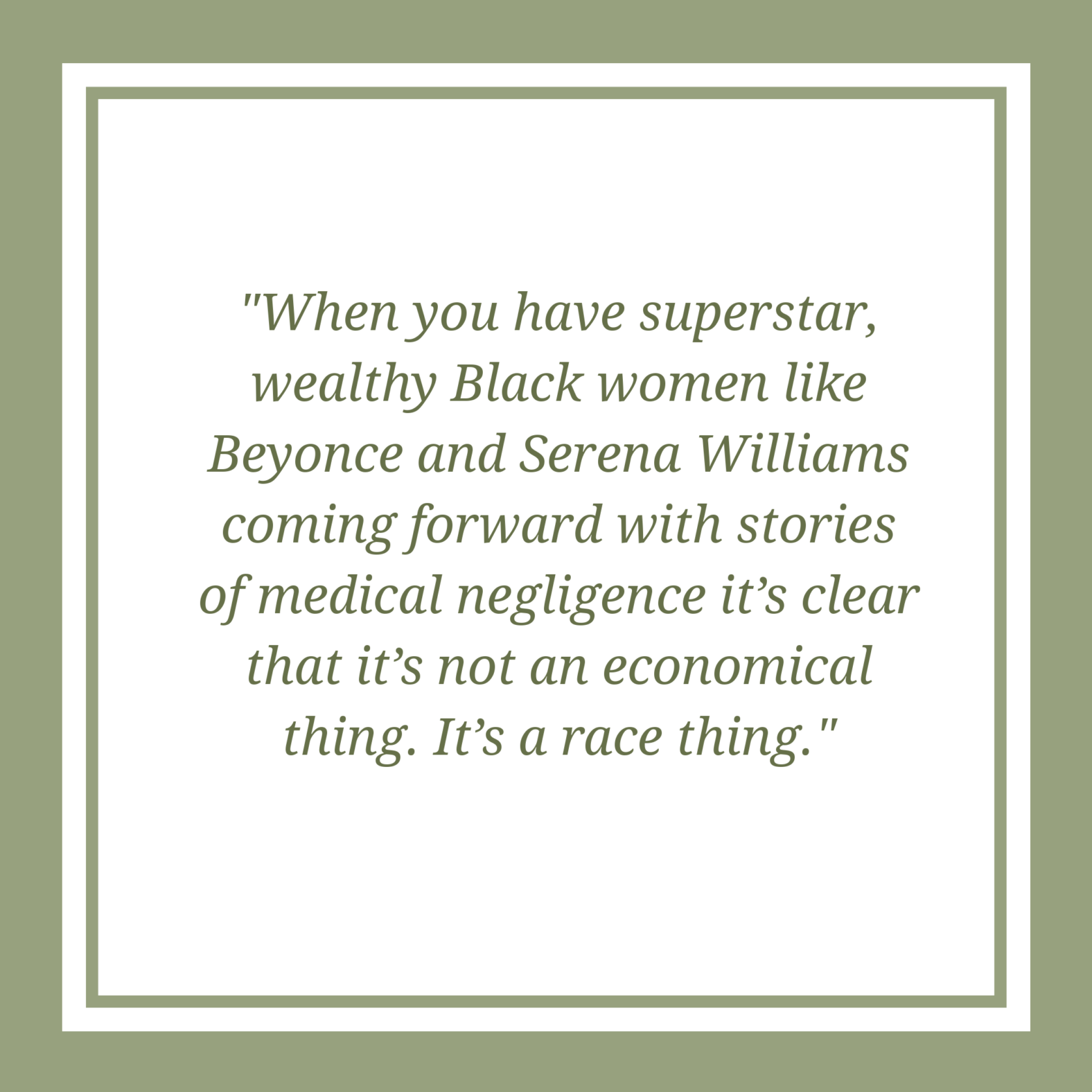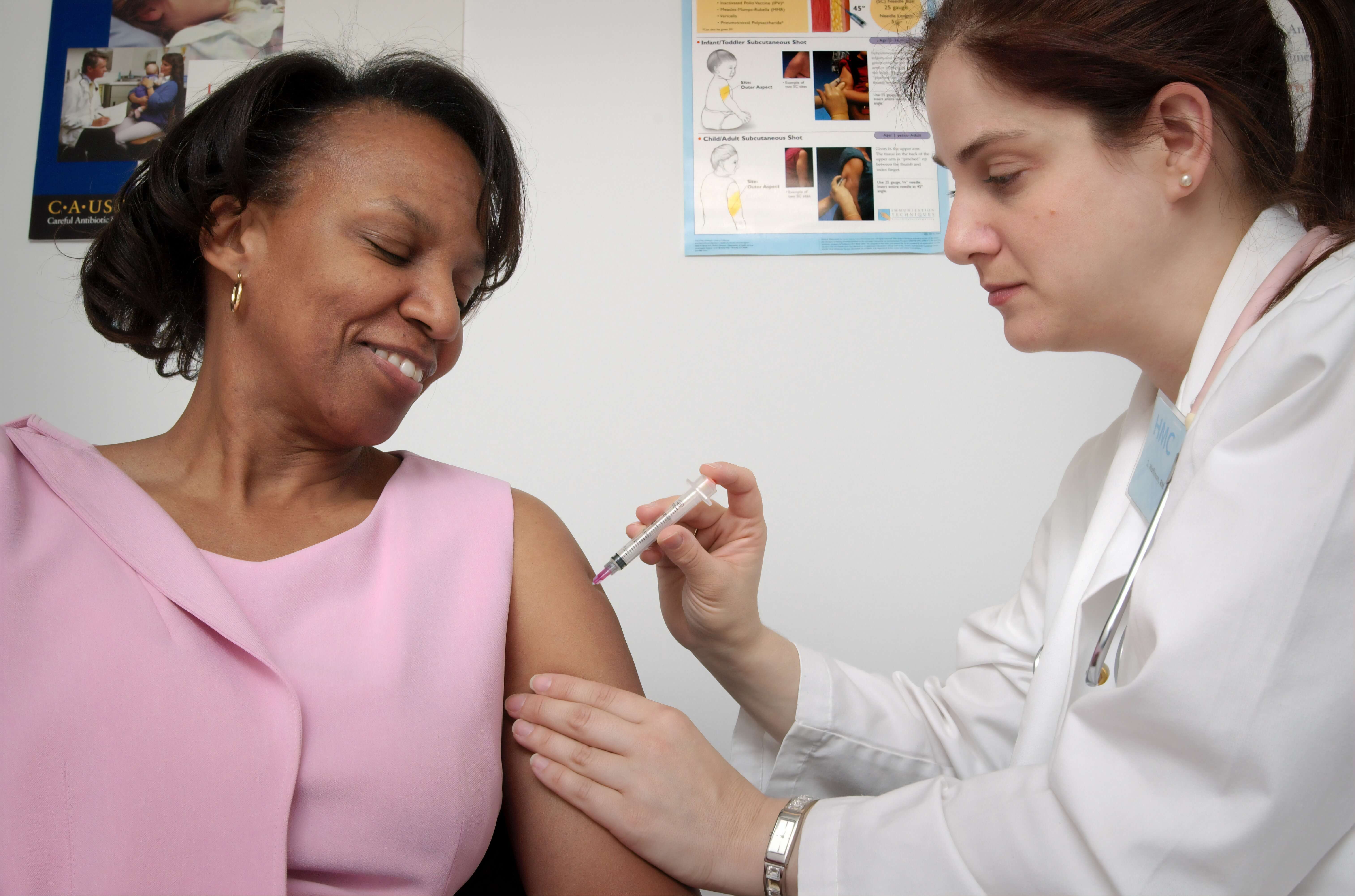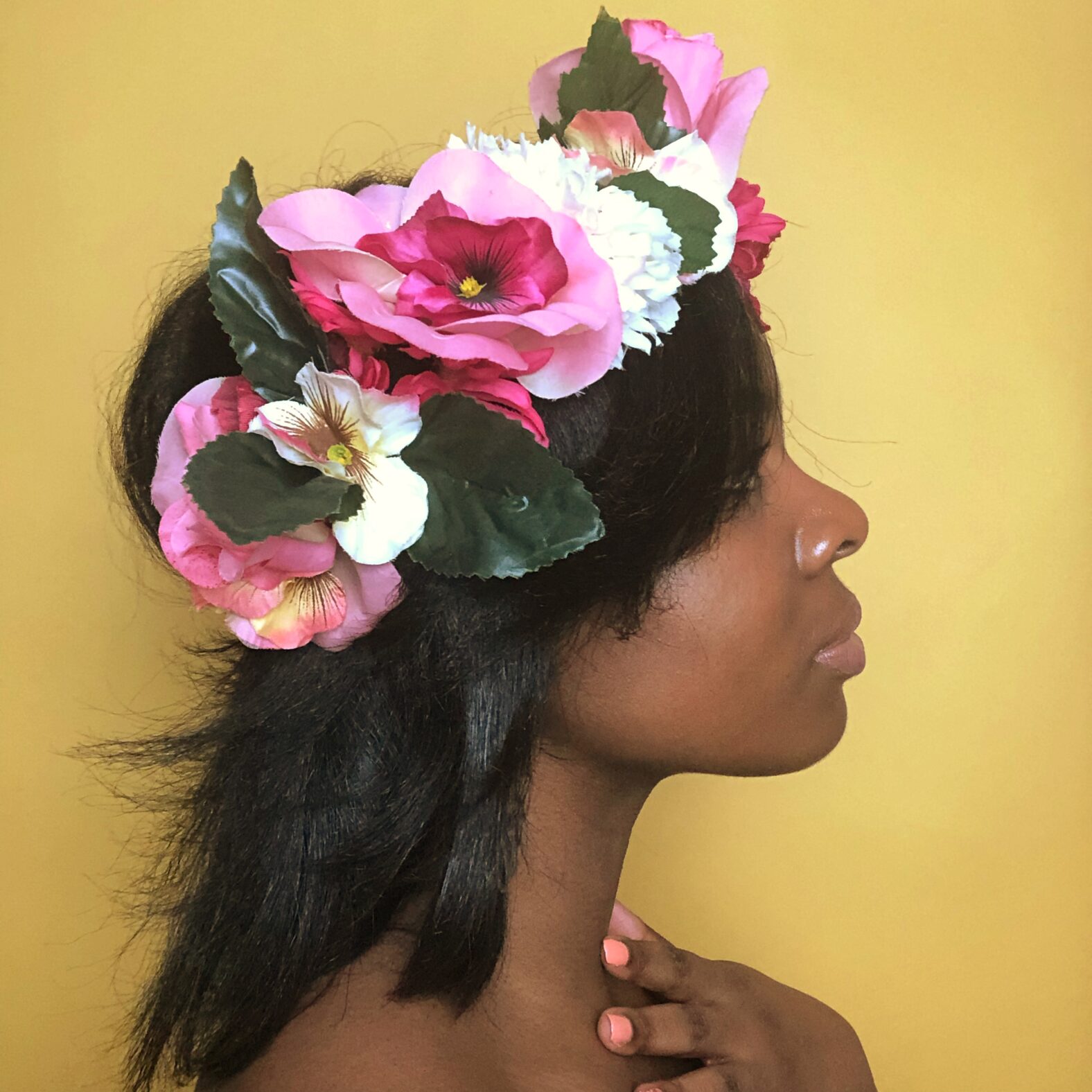
Guest Post by Morgan Greene from Is Was Will Be
I joke all the time about the irony of having a chronic illness with the same initials as me. MG is for Myasthenia Gravis but it’s also for me – Morgan Greene.
In honesty, I’ve had my struggles with my name over the years. See on paper, Morgan can be any race (Black, White, Hispanic), male or female.
I can recall being teased as a child on the playground – kids saying that’s a “white” name. Even teachers would sometimes assume I was a boy (traditionally, Morgan was for males only). I probably asked my mom if I could change my name 10 times.
As I’ve gotten older, I’ve come to love and appreciate my name. It’s strong. It’s flexible. And more importantly, I’ve found that my name probably makes room for me.
I honestly feel as though my name has often helped me coast and pass. Clearly not pass for white in the literal sense.
But until they see me, (or look up the demographics) I am equal.

Why is a name so important?
Your name is part of your first impression. Your name is an insight into who you are and where you come from. It presents you to the room before you’ve stepped foot inside.
Assumptions are human nature. We don’t have a full picture so we paint one with the limited knowledge we are given. It is when assumptions are based on prejudice and hatred that we start to have problems.
An employer looks at the name on top of the resume before they call you for an interview. A doctor or nurse looks at the name on a chart before they step into the room.
If you’re “lucky” like me to have an acceptable name, you may make it past the first level of discrimination but once we’re face to face you can’t deny that I’m Black.
Treatment of Black Women in U.S HealthCare System
The ugly truth about racism is being exposed daily in the US. It’s mostly about police brutality against black men but racism goes beyond the police. It’s systemic. It’s in our education systems, our legal systems, and even our health care system.
There are countless articles and studies alluding to the fact that Black women are being mistreated in the health care system. I found an article by NBC that implicitly states “Black women have historically had the highest maternal mortality rates. Researchers do not have a clear explanation, but they suspect a combination of institutional racism in society and the health care system…”.
I’d say those suspicions are correct.

When you have superstar, wealthy Black women like Beyonce and Serena Williams coming forward with stories of medical negligence it’s clear that it’s not an economical thing. It’s a race thing.
Our pains aren’t being taken seriously. Our concerns aren’t being validated and looked into. That is a problem.
Even my friends who work in the medical field (nurses, doctors, techs) have mentioned being a victim to discrimination in terms of other staff undervaluing their positions, knowledge, and skillset because they’re Black or being subjected to various microaggressions in the workplace.
Why are we being attacked (and killed) everywhere? I feel as though no place is safe honestly.
The police who took an oath to protect us are killing us. The doctors who took an oath to save us are killing us.
When and where does it stop?

My experience with a doctor
As a Black woman with a chronic illness, I am very concerned about this behavior. How often is the quality of care and respect altered by race and discrimination?
So far in my chronic illness journey, I’ve only had one encounter with a doctor that made me question if my care was less than based on race.
The neurologist that actually diagnosed me was very cold and callous. He showed no compassion as he broke the most life-changing news to me. And he was very nonchalant in discussing my treatment plan and prognosis.
My mom believes for a fact this was race-based since he was highly recommended by several other people for being so great and wonderful. Personally, I just thought he didn’t have a good bedside manner. I never questioned it until recently.
Was I being naive? And do I now have to start questioning and looking at my health care team with a raised eyebrow?
Are they trying to help me or kill me? Do they really care or am I just another Black patient?
Not being able to trust the people who I’m supposed to be able to turn to for help makes having a chronic illness more stressful.
Thanks in part to my name. But also to my upbringing. I feel like I’ve been shielded from blatant discrimination and racism. I feel blessed that I’ve only had one questionable encounter but I know that’s not the case for others.
Knowing that racism exists and is more prevalent than ever is an additional weight on my shoulders.
In the health care system, MG (myasthenia gravis) is not a terminal illness but is MG (Morgan Greene, the black woman) a death sentence?
For more personal stories, reviews, news, inspirational quotes and in-depth discussion, please head over to my Facebook page.

Morgan is a Chronic Illness + Holistic Wellness Blogger and Content Creator at Is Was Will Be. After being diagnosed with a rare chronic illness, Myasthenia Gravis, Morgan started blogging as a way to work through her struggles of living with a chronic illness. As her journey progressed Morgan found solace in putting into words what many of her fellow spoonies were experiencing. What started as a hobby has turned into a passion as Morgan continues to spread awareness about living with chronic illness and inspiring women to live their illest lives.

As a white CIS woman, I will never grasp the magnitude of this, though I try to every day xx
I feel the same. That’s why it’s so important to educate ourselves and amplify black voices where we can.
I am sorry that this is the case AND that I have never thought about it until recently. I knew that sexism (focused on men) was an issue. I never thought about how systemic racism impacted health care. But after reading a few articles this week, I see just how obvious it is. What can we do to help change this? As a woman (with a chronic condition), I have felt belittled and made to feel foolish. But, in the end, I feel I have been given what I needed. Medical research also doesn’t favor people of color and women. On and on the systemic roots of racism and sexism have grown. You being both a woman and black must be incredibly difficult to know if you’re getting the best treatment for your chronic illness, Morgan. Jo, thank you for having Morgan share her story on your platform.
Thank you for sharing, Morgan!